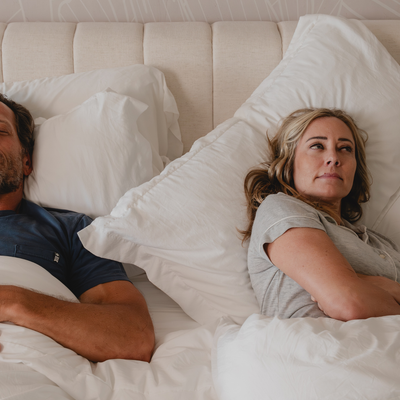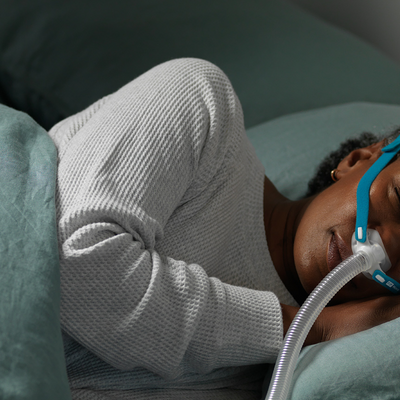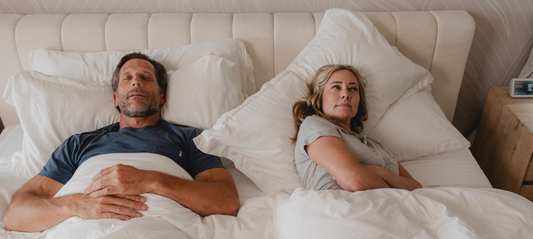No matter how hard you try, sometimes you just can’t seem to fall asleep. Suffering from insomnia like this can be frustrating. The root cause of insomnia can be complicated, but it’s often linked to anxiety, depression, and other mental health concerns. But idiopathic insomnia has no discernible cause, leaving many insomniacs seeking solutions to their sleep deprivation.
You might try reading, exercising, or developing a sleep hygiene routine to get your mind right so it’s easier to ease into restful sleep each evening. Despite your best efforts, you might still need a little extra help from prescription or over-the-counter medications. However, you should exercise caution as you pursue medicinal sleep aids.
What are sleep aids?
Sleep aids are medications, supplements, and other alternatives that make it easier for you to fall asleep. There are many options to choose from, but they all fall into one of three different categories: prescription, over-the-counter, and natural sleep aids.
Prescription sleep aids
You can only get prescription sleep aids from a doctor. They’ll discuss your sleep concerns to determine how they can help. Medications are usually considered after sleep hygiene, exercise, and other lifestyle modifications have failed.
Once your doctor determines you’re a candidate for prescription sleep medication, they’ll walk you through the options, potential side effects, and risks.
Over-the-counter sleep aids
There are plenty of over-the-counter sleep aids that you can access easily. Pills and syrups containing diphenhydramine, doxylamine succinate or other active ingredients are available at your local pharmacy. You can also find combination medications that include pain relievers like acetaminophen to help you sleep after an injury or when you have a headache.
Be careful about taking over-the-counter sleeping pills. You should discuss it with your doctor before you add a medication to your regimen. They’ll be able to tell you what’s safe and appropriate for you.
Natural sleep aids
If you’re trying to make it easier to fall asleep but you don’t want to take medication, there are some natural options available. Melatonin can help ease you into a more natural state of sleep. You can find melatonin in the supplement aisle, but there are also bath salts, body lotion, and other products that contain melatonin.
Taking too much melatonin can backfire, so it’s also important for you to discuss with your doctor.
Sleep aids and sleep apnea
Some people who have sleep apnea consider taking sleep aids to help them get better quality sleep. While the medication itself makes you go to sleep, it also increases your risk for a medical emergency.
Since sleep aids relax your airway and suppress breathing, it increases your risk to stop breathing as a result of sleep apnea. If you have sleep apnea, it’s best to just avoid sleep aids and talk to your doctor to figure out how to get better quality sleep.
Use sleep aids with caution
Negative side effects for sleep aids aren’t limited to people with preexisting sleep disorders. Using over-the-counter sleep aids increases your risk for stroke, as well as side effects like headache, and heart and circulatory system issues.
While these side effects and risks aren’t usually associated with prescription sleep aids, there are other concerns. One of the most common issues with prescription sleep aids is dependence. That’s why doctors often recommend against taking sleeping pills for an extended period of time, and patients need to taper off of them rather than stop taking them suddenly.
Ditch insomnia with Lofta’s help
If you’ve tried everything and still can’t get a good night’s sleep, there might be something else going on. Sleepless nights are sometimes the result of a physical health issue, like sleep apnea. With Lofta’s home sleep test, you can find out if sleep apnea is the reason for your insomnia.
Schedule a virtual consultation with one of our providers to get the process started. They’ll ask you about your sleep habits and concerns, then send you a disposable home sleep test. After they interpret the results, you’ll be one step closer to solving your insomnia and sleeping through the night.
















